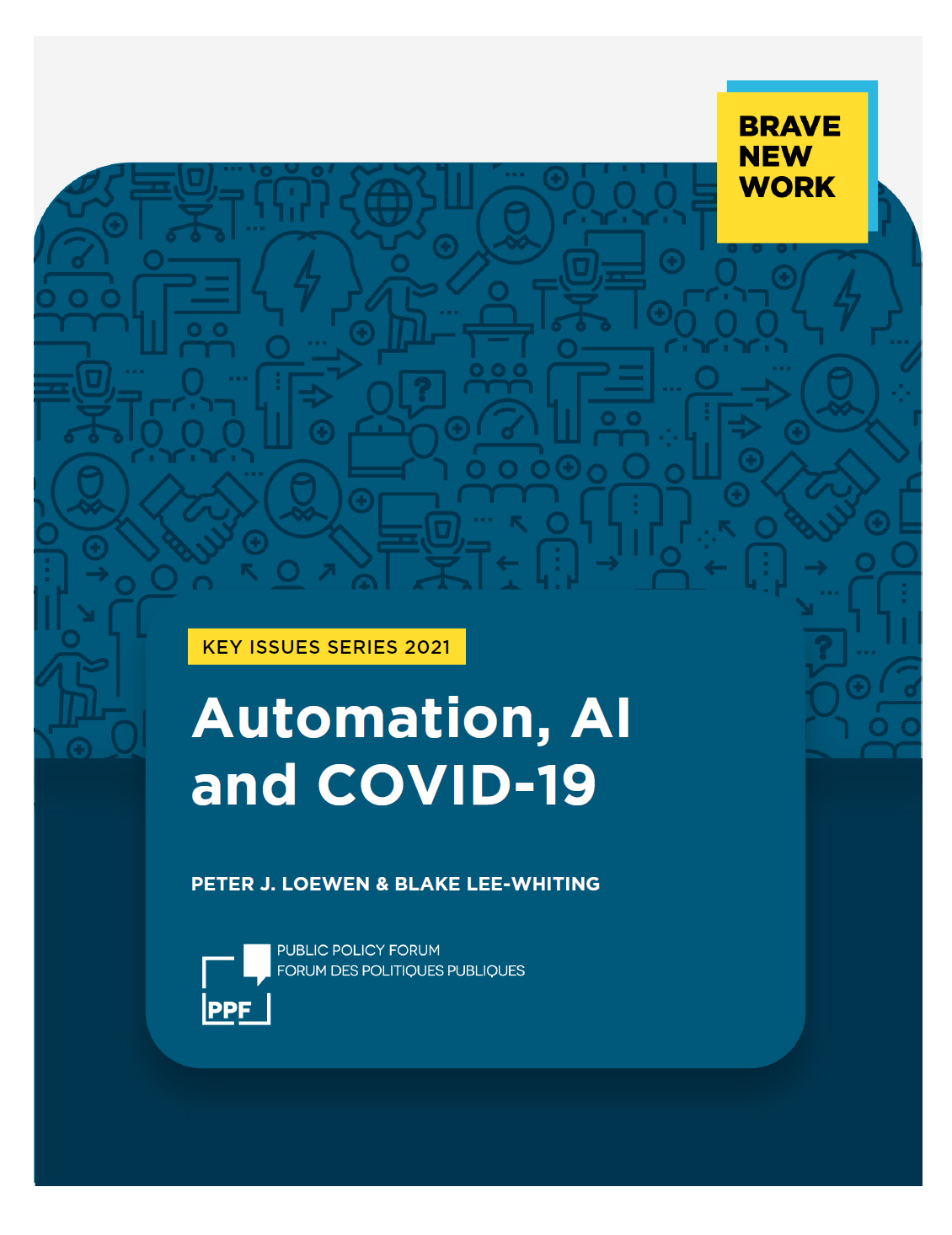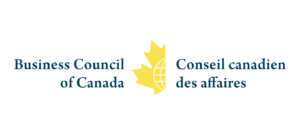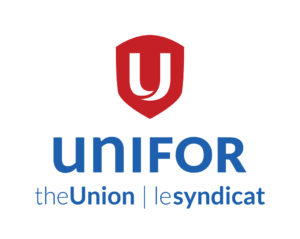
Automation, AI and COVID-19
Series | Brave New Work Key IssuesA Public Policy Forum article titled Automation, AI and Anxiety: Policy Preferred, Populism Possible suggests that there is a relationship between fear of job loss via automation and support for more populist governments among people who feared their own job loss and those who feared job loss for others. The paper also demonstrated that there was an appetite among those who were fearful of automation, whether for themselves or others, for government playing a more active role in response to this emerging economy. Governments thus face a choice: respond to fears of automation through a variety of focused and effective policies, or, leave things open for those who would employ the well-known playbook of protectionism and veneration of the working-class in place of action.
The purpose of this report is to revisit the landscape of that first paper to provide context for what has changed in light of the massive disruptions introduced by COVID-19 and the subsequent shutdown of the Canadian economy. To better understand these shifting dynamics, we consider three related questions:
- Has COVID-19 accentuated fears about automation and AI amongst Canadians?
- Do citizens wish for more, or less, government in response to the dual challenges of COVID-19 and automation and AI?
- Are these demands most acute among those who have experienced job or income loss due to shutdowns?
To understand citizens’ views on automation and AI in the global COVID-19 pandemic context, we surveyed 1,920 Canadians in May and June 2020 and another 603 Canadians in April 2021.
Findings
- Canadians are worried about the long-term effects of COVID-19 on the labour market. Individuals prompted to think of job losses see links between increasing AI and automation practices and the labour challenges presented by COVID-19. The adoption of AI and automation will not stop when the pandemic ends. Accordingly, we must better understand how individuals chose to prepare themselves and their skill sets for a changing jobs market. In particular, we find that:
- The coming technological revolution is not completely unexpected, as a majority of Canadians indicate they have at least a basic understanding of AI and automation. Politicians have an opportunity to seize upon this (perceived) knowledge to address coming challenges. They should consider linking COVID-19 solutions to challenges presented by AI and automation.
- Canadians are deeply concerned that their jobs and the jobs of their family and friends are at risk of being lost to automation and AI in the next five to twenty-five years.
- Citizens are worried that their job skills are not keeping up with the economy and are likewise substantially concerned about the long-term social mobility and economic inequality impacts of automation and AI. Policymakers should pursue equitable solutions, considering carefully who is likely to be impacted negatively.
- Four-in-ten Canadians believe the government should punish corporations that reduce their workforces using automation and AI. Likewise, a similar share believe that consumers should boycott these companies and that companies should continue to employ workers even when technology that can do the job more effectively exists. Policymakers should consider that the policy preferences of the public will sometimes be punitive in nature for firms that negatively impact workers.
- Finally, individuals who lost their jobs due to the COVID-19 pandemic are slightly more likely to favour decreasing immigration levels and increasing funding for STEM university programs than those who did not lose their job because of the pandemic. Politicians should be cautious of increasing nativist attitudes among those most affected.
This is an unprecedented time of labour-market change and technological innovation. Politicians have an opportunity to respond not only to the current crisis, but those that potentially lurk just beyond the horizon.

Thank you to our partners
Thank you to our lead sponsor

Thank you to our partners
 |
 |
 |
 |
 |
 |
 |
 |
 |








